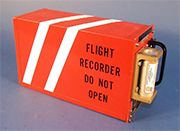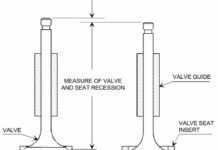As this issue of AVweb‘s AVwebBiz was being finalized, mid-term election polling places were just closing and votes across the U.S. were still being counted. Based on the expected close races in some areas, several days may pass before the leadership and composition of the 110th Congress, which convenes in January, will be known. Until then the election’s impact, if any, on the general and business aviation industry can only be measured by looking at the U.S. Representatives and Senators in close races and the final outcome. As one example, if the majorities in either or both houses of the U.S. Congress change as a result of the election, so will the chairmen and senior minority members of the respective aviation subcommittees. As another example, two members of the Senate Subcommittee on Aviation — Conrad Burns, R-Mont., the panel’s chairman, and George Allen, R-Va. — were facing tough re-election challenges. In the U.S. House of Representatives, where all members were up for re-election, the unknowns were less about whether individuals would be re-elected and more about which party would have a majority and be setting the agenda. At stake is the outcome of several aviation issues during the next two years, including the 2007 FAA reauthorization bill and the fate of user-fee proposals.
In the U.S. House of Representatives, in which most observers expected to see Democrats take the majority, Rep. James L. Oberstar, D-Minn., would likely rise to become the new chairman of the full House Committee on Transportation and Infrastructure. Rep. Don Young, R-Alaska, the full committee’s current chairman, likely would become its ranking Republican, although existing party term-limit rules may force him to step down from that post. The new Chairman of the House Subcommittee on Aviation likely would be Jerry F. Costello, D-Ill., with current Chairman John L. Mica, R-Fla., also assuming a role in the minority. Meanwhile, in the Senate, how things will play out was even more unclear. If both Burns and Allen are defeated and Republicans retain control of the Senate, it’s not at all clear who would be next in seniority or who might decline the post in favor of some other assignment. The picture gets much murkier if Democrats win a majority in the Senate, where the ratio of committees and subcommittees to elected members is larger and seniority doesn’t count as much. In that event, a simple changeover was less likely. The final details of who will be in charge of setting Congressional aviation policy next year may not be known until the new Congress convenes in January. The next issue of AVweb‘s AVwebBiz will attempt to sort out the changes and make some sense of all the shuffling in both houses. Watch this space.


































